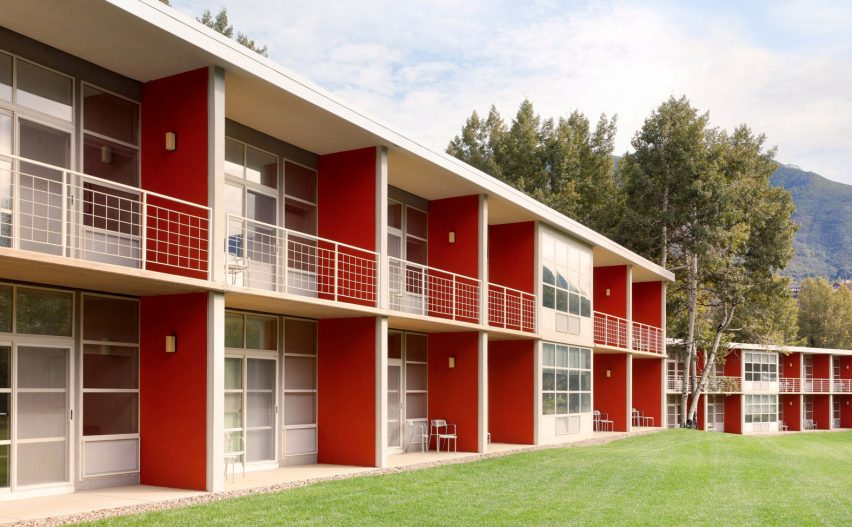
noun
- a school of design established in Weimar in 1919 by Walter Gropius, moved to Dessau in 1926, and closed in 1933 as a result of Nazi hostility.
adjective
- of or relating to the concepts, ideas, or styles developed at the Bauhaus, characterized chiefly by an emphasis on functional design in architecture and the applied arts.
noun
-
- a German school of architecture and applied arts founded in 1919 by Walter Gropius on experimental principles of functionalism and truth to materials. After being closed by the Nazis in 1933, its ideas were widely disseminated by its students and staff, including Kandinsky, Klee, Feininger, Moholy-Nagy, and Mies van der Rohe
- (as modifier)Bauhaus wallpaper
1923, from German Bauhaus, literally “architecture-house;” school of design founded in Weimar, Germany, 1919 by Walter Gropius (1883-1969), later extended to the principles it embodied. First element is bau “building, construction, structure,” from Old High German buan “to dwell” (see bound (adj.2)). For second element, see house (n.).
A German school of applied arts of the early twentieth century. Its aim was to bring people working in architecture, modern technology, and the decorative arts together to learn from one another. The school developed a style that was spare, functional, and geometric. Bauhaus designs for buildings, chairs, teapots, and many other objects are highly prized today, but when the school was active, it was generally unpopular. The Bauhaus was closed by the Nazis, but its members, including Walter Gropius, spread its teachings throughout the world.
 Liberal Dictionary English Dictionary
Liberal Dictionary English Dictionary




